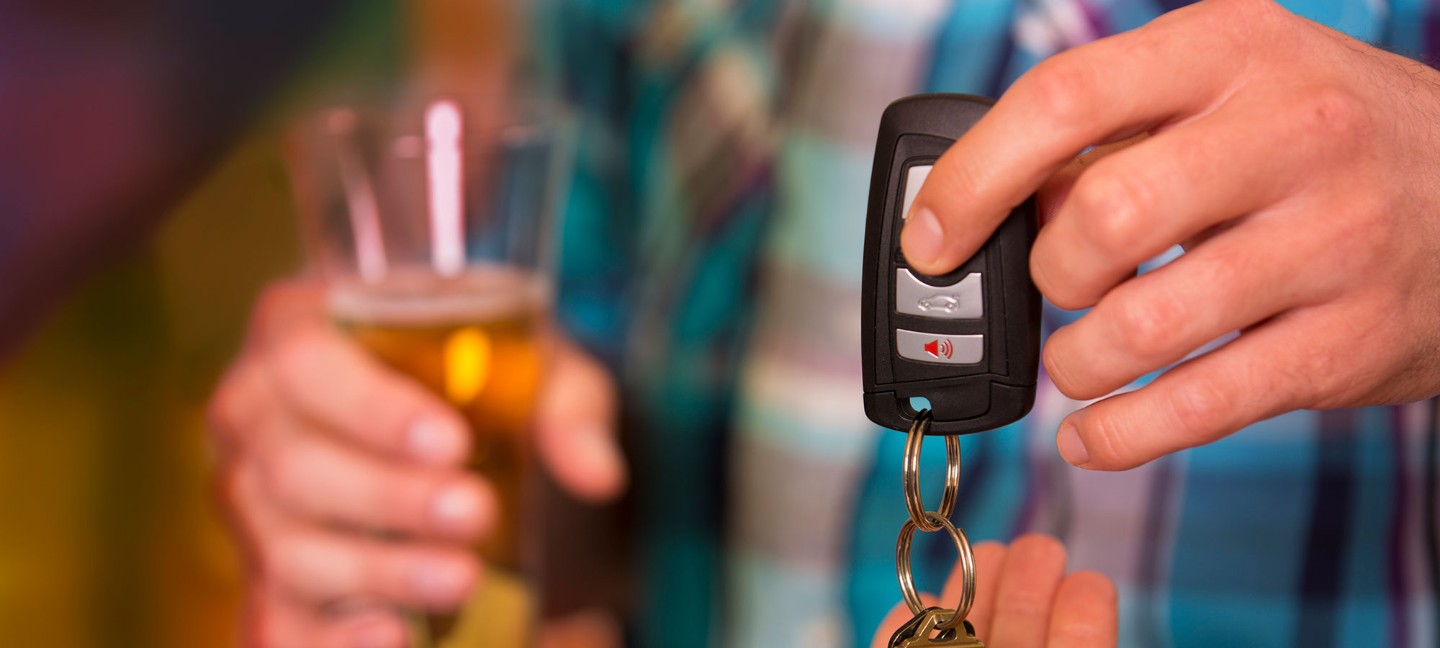You Matter. Always. A Message for "You Matter Day"
FEB 02, 2026On "You Matter Day" and every day, remember your inherent worth. If struggling, reach out to 988 or trusted contacts. You are not alone, and help is available.
Read More
As a behavioral health professional, I see the devastating impact of substance use every day. In 2022 alone, over 100,000 people in the United States died from drug-involved overdoses.* While abstinence is always the ideal goal, it's not always realistic.
Consider how mainstream alcohol use is, for example. It’s been normalized in our society to the point that it can be hard for people who want to quit or cut down on drinking. The legalization of marijuana in many states has led to relaxed attitudes that create new dangers. Opioid use has become exponentially more deadly with the addition of substances like fentanyl.
Being realistic about people who use substances and how they can be helped is the goal of the emerging concept of harm reduction. This is an evidence-based approach to equipping people with life-saving information and tools which can save lives. It's not about condoning or encouraging drug use, but rather about empowering individuals to make informed choices and take control of their own health and well-being.
Some goals of harm reduction, according to the Substance Abuse and Mental Health Services Administration, include:
Organizations such as public health departments practice a variety of harm reduction strategies. Here are some practical strategies anyone can try.
Plan ahead: If you're going out, have a designated driver or use a ride-sharing service.
Choose wisely: Opt for drinks with lower alcohol content and don’t drink alcohol while using illegal substances.
Pace yourself: Take small sips and have non-alcoholic drinks in between alcoholic drinks.
Know your limits: Set a limit for yourself and stick to it. Choose to not have alcohol in your home or have a limited amount.
Take a break: Have abstinence days or days you choose not to drink.
Consider medication: Talk to your doctor about medications that can help reduce cravings for alcohol and prevent relapse.
Educate yourself: Learn about the risks of marijuana use, including side effects of anxiety, paranoia and short-term memory impairment.
Understand different methods: Inhaling smoke of any kind is bad for lung health. The health risks of vaping are not well understood. Edibles can have widely varying THC content.
Source responsibly: Buy from reputable dispensaries that test their products for purity and potency. Pay attention to content levels of THC and CBD. Both are cannabinoids derived from the cannabis plant. CBD is legal and does not produce intoxicating effects. THC is illegal in many states and produces intoxicating effects.
Create some distance: If you want to stop using marijuana, avoid the people and places that would increase your probability of using.
Use a test kit: Before using any opioid, test it for fentanyl or other dangerous contaminants.
Participate in a clean needle program: These programs lessen the harm associated with HIV, viral hepatitis and other illnesses associated with IV drug use.
Have naloxone on hand: This life-saving medication can reverse an opioid overdose. Get trained on how to use it.
Use a medical lock box: These protect children and others from gaining access to medications such as painkillers as well as illegal substances.
Remember, harm reduction is not about condoning substance use. It’s an evidence-based approach to connecting with people who use drugs and alcohol to provide life-saving tools. The ultimate goal is to save lives while helping people make positive changes.
If you or a loved one is struggling with substance use, don’t hesitate to seek help. Start by talking to your provider. There are many resources, including medication-assisted treatment (MAT), to support you on your journey to recovery.
*https://nida.nih.gov/research-topics/trends-statistics/overdose-death-rates

On "You Matter Day" and every day, remember your inherent worth. If struggling, reach out to 988 or trusted contacts. You are not alone, and help is available.
Read More
With the colder temperatures and shorter days of winter often comes changes in mood, energy and overall well-being. Maintaining a routine and stayin connected are two ways you can support your mental health in winter.
Read More
The 30 days before the rush of the year’s end and anticipation of the holidays, November is a reminder to slow down and reflect. A time to find gratitude in the middle of life’s noise.
Read MoreWhen you need local health information from a trusted source, turn to the CHI Health Better You eNewsletter.